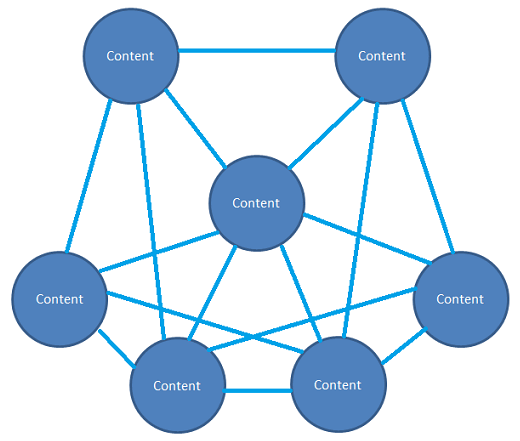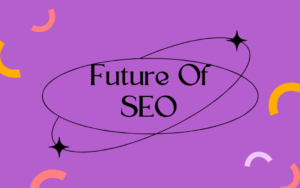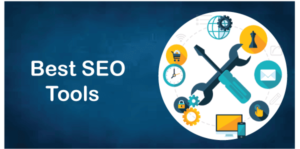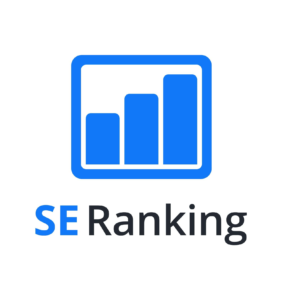You may have heard of the term “SEO,” but what does it exactly mean and why is it so crucial for every website? In this article, I will explain what on-page SEO entails, how it works, and why every website owner should understand and utilize it.
What is On-Page SEO?
On-page SEO refers to all the actions you take on your website to make it more visible to search engines. This includes improving the ranking of individual web pages in search engine results. Unlike off-page SEO, on-page SEO focuses specifically on elements such as your content, website structure, internal links, and technical aspects like page load speed and mobile friendliness.
Essentially, it means optimizing various parts of a page to ensure it ranks as well as possible for a predetermined keyword. In other words, on-page SEO involves adjusting the technical elements, content, and authority of a page to achieve the coveted number one position. By using these techniques, you can improve your search engine ranking and the user experience on your website.
Elements of On-Page SEO
On-page SEO includes various elements that collectively contribute to the optimization of a web page. By carefully optimizing each of these elements, you enhance the visibility of your page in search engines and provide users with a better experience. Below is an overview of the key elements of on-page SEO, each with a brief explanation.
Page URL
A clean and relevant URL containing the main keyword helps both users and search engines understand the content of the page. It is crucial to keep the URL as short and simple as possible.
Page Titles
The page title is one of the most important SEO elements. It should contain the main keyword and clearly and concisely describe the content of the page. A good page title captures the attention of users and search engines.
Page Content
The content on your page should be informative, relevant, and high-quality. This not only helps attract visitors but also ensures search engines understand what your page is about. Using keywords and synonyms naturally is essential in this context.
Heading Structure
A good heading structure (H1, H2, H3) helps organize the content on your page, making it easier for users and search engines to understand the main topics. The H1 is usually the page title, and there should be only one H1 per page.
Meta Title
The title displayed in search results is called the meta title. It should be both attractive and informative to encourage users to click on it. The meta title should also include the main keyword.
Meta Description
The meta description, also displayed in search results, provides a brief summary of your page’s content. A good meta description can increase the click-through rate (CTR). It is also crucial to include the main keyword here.

Interne Links

Internal links improve the structure of your website and make it easier for users and search engines to navigate through your site. They can enhance the user experience and increase the link value of your website. It is important to link to valuable content; linking for the sake of linking is ineffective.
Mobile Friendliness
With an increasing number of mobile users, it is essential that your website is mobile-friendly. This improves both the user experience and search engine ranking. A responsive design ensures your website works well on all devices.
Website Speed
A fast page load time is crucial for both the user experience and SEO performance. Search engines prefer faster websites because they provide a better user experience.
Structured Data
Structured data helps search engines better understand the content of your page and can lead to rich snippets in search results, increasing your visibility and CTR.
Conclusion
On-page SEO encompasses all actions you take on your website to improve its visibility in search engines. This involves optimizing various elements on a web page, such as the URL, page titles, content, heading structure, meta titles, meta descriptions, internal links, mobile friendliness, website speed, and structured data. By optimizing these aspects, you can significantly improve your website’s search engine ranking and user experience. The essence of on-page SEO is adjusting the technical elements, content, and authority of a page to achieve the highest possible position in search results, ultimately leading to more visibility and better performance in search engines.
The Best SEO Tools of 2024
SEO is crucial for the success of your online presence, but with ever-changing algorithms and increasing competition, managing SEO can be challenging. Advanced SEO tools have become almost indispensable for optimizing your strategy and enhancing your website’s visibility in search results. If you’re interested in innovative solutions to elevate your SEO efforts, check out my blog post on the best SEO tools of 2024. Here, you’ll find the most advanced tools designed to improve your online visibility and help you achieve your SEO goals.



